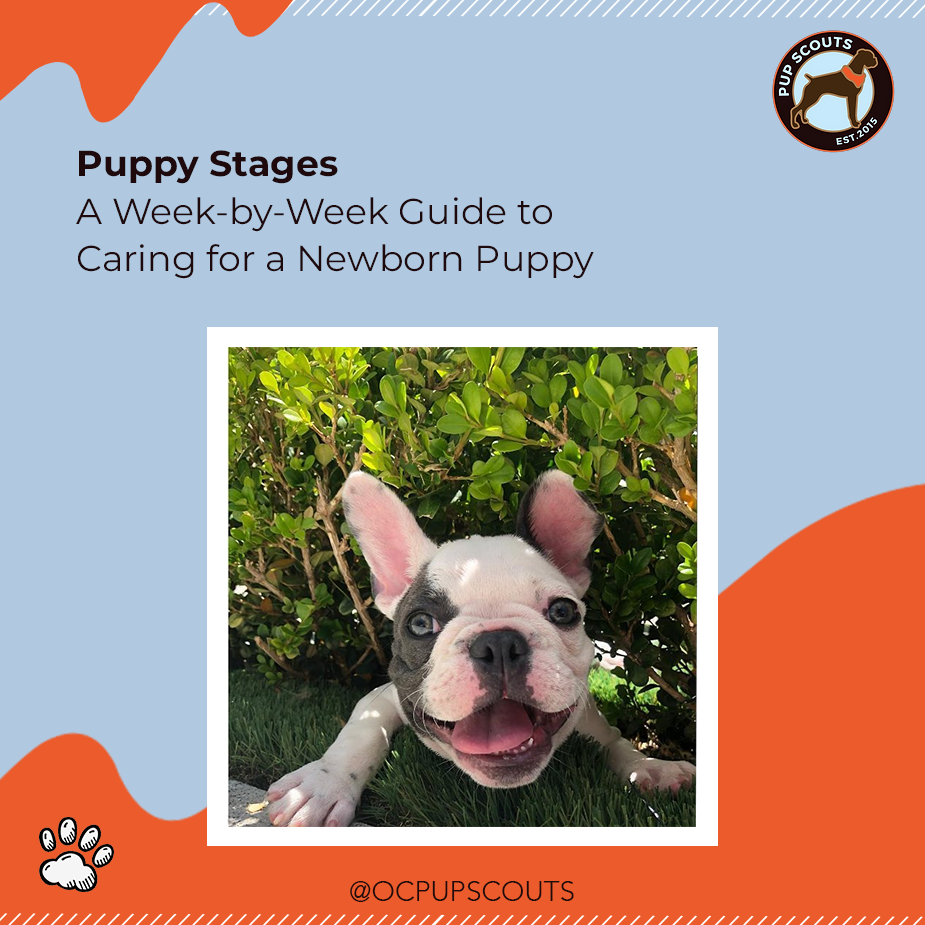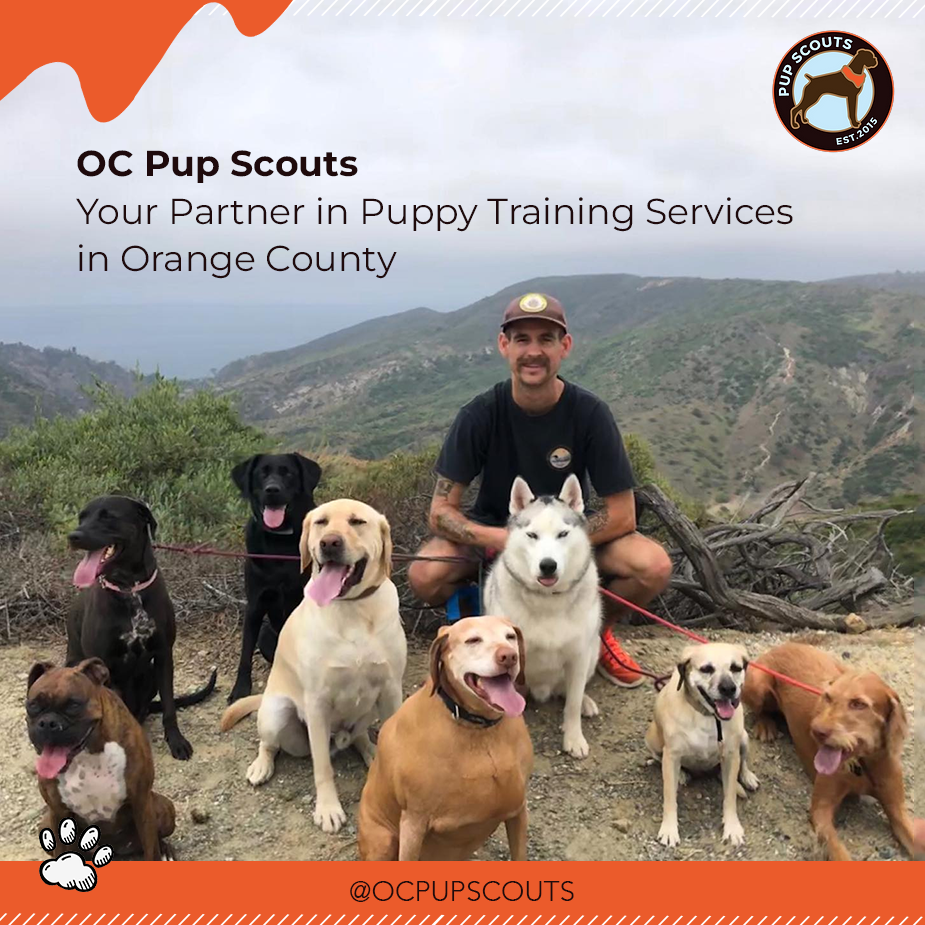
Bringing a newborn puppy into your home is an exciting and heartwarming experience. However, it also comes with great responsibility. The first 16 weeks of a puppy’s life are a critical developmental stage, shaping their personality and behavior for the rest of their lives. As a proud puppy parent, you’ll witness your furball’s miraculous growth and development every week.
Being well-prepared and knowledgeable about the different stages your furry friend will go through is essential. In this week-by-week guide, we will explore the key aspects of caring for a newborn puppy and how to set him up for success in his journey to becoming a well-behaved and confident dog.
Week 1: The Newborn Miracle
The first week of a puppy’s life is truly miraculous. Newborn puppies are entirely dependent on their mother for nourishment and warmth. As a puppy parent, your role this week is to provide a quiet and comfortable environment for the mother and her puppies.
Ensure the mother gets enough rest and a nutritious diet to care for her litter properly. Keep their surroundings warm and cozy, replicating their mother’s nurturing environment.
Week 2-3: Eyes Wide Open
During weeks 2 and 3, the puppy’s eyes and ears start to open, and they begin to explore the world around them. At this stage, gentle handling is crucial to socialize the puppies and get them used to human touch and interaction. However, keep interactions short and non-disruptive to avoid stressing the mother or the pups.
Teething begins at week three, as the puppy’s baby teeth emerge. Introduce safe chew toys to ease their discomfort. They’ll be more active and curious at this stage, exploring their surroundings. Create a puppy-proof area for them to roam freely.
Week 4-5: Time for Solid Food
Around week 4, puppies begin to wean off their mother’s milk and transition to solid food. Introduce a high-quality puppy food moistened with water to make it easier for their tiny teeth. Gradually increase the amount of solid food and reduce the milk intake to encourage independent eating.
Week 6-8: Vet Visit, Socialization and Training Begin
In week six, it’s time for the first vet check-up and vaccinations. Regular veterinary visits are crucial for monitoring your pup’s health and ensuring they receive the necessary immunizations for a disease-free life.
Weeks 6 to 8 are critical for socialization and early training. Expose your puppy to various experiences, such as new places, sounds, textures, colors, and objects. This early exposure will help them build confidence and become well-adjusted dogs. Alongside socialization, start basic training commands like “sit,” “stay,” and “come.”
Week 9-12: Curiosity Peaks
As your puppy reaches weeks 9 to 12, their curiosity will peak. Be prepared for lots of exploring and playtime. Continue the socialization process by introducing them to different dogs and people to help them become more amicable and adaptable. Supervised playdates with other vaccinated and friendly dogs can be a great way to achieve this.
Week 13-16: Establishing Boundaries
During this phase, your puppy may test boundaries and exhibit behaviors like nipping, chewing, and digging. Be patient and consistent in training them. Positive reinforcement and redirection effectively curb unwanted behaviors and encourage desirable ones.
Remember, each puppy is unique, and their development may vary. Caring for a newborn puppy involves commitment, patience, and continuous learning. Expert guidance can make all the difference when it comes to shaping your puppy into a well-behaved and confident dog.
Introducing OC Pup Scouts: Your Partner in Puppy Training and Walking Services
At OC Pup Scouts, we are a leading dog behavior training and walking service provider in Orange County. We understand the importance of the early developmental stage and provide comprehensive solutions for your furry companion’s needs.
We focus on all aspects of puppy training, including potty training, teething, crate training, and more. Our experienced trainers use positive reinforcement techniques to encourage good behavior and create a strong bond between you and your pup.
Focusing on safe and controlled exposure to various environments, dogs, and people, we help your puppy build confidence and critical thinking skills. It ensures that your pup can make thoughtful decisions throughout their life.
Regular exercise is vital for a growing puppy’s physical and mental well-being. We offer dog walking services, allowing your puppy to explore the world safely while staying physically active and mentally stimulated.
With expert assistance from OC Pup Scouts, you can ensure that your adorable pup grows into a well-behaved and confident companion who enriches your life with love and joy. Contact us today for more information.

FAQs about Caring for a Newborn Puppy
1. How often should I feed my newborn puppy?
Newborn puppies should be fed every 2-3 hours, as they require frequent feedings to meet their nutritional needs. As they grow, the frequency can be gradually reduced to 4-6 meals a day until they are about 8 weeks old.
2. When can I start potty training my puppy?
Potty training can begin as early as 3-4 weeks old. However, it is essential to remember that young puppies have limited bladder control, so accidents are normal. Consistency, positive reinforcement, and patience are key to successful potty training.
3. How do I handle teething and chewing behavior in my puppy?
Teething and chewing are natural behaviors in puppies. Provide them with appropriate chew toys and bones to satisfy their need to chew and help soothe their sore gums. Avoid using household items as chew toys to prevent destructive behavior.
4. When should I start socializing my puppy with other dogs and people?
Socialization should begin as early as possible, ideally around 6-8 weeks of age. However, ensure that the interactions are safe and supervised. Expose your puppy to various people, places, and friendly dogs to help them become well-adjusted and confident in different environments.
5. What vaccinations does my puppy need, and when should I start them?
Puppies require a series of vaccinations to protect them from various diseases. The core vaccinations usually include distemper, parvovirus, and adenovirus. Vaccination schedules may vary, but typically they start at 6-8 weeks and continue every 3-4 weeks until 16 weeks of age.
6. How do I crate train my puppy effectively?
Crate training should be done gradually to ensure a positive association with the crate. Make the crate comfortable with bedding and toys, and never use it for punishment. Start with short periods inside the crate, gradually increasing the time as your puppy becomes more comfortable.
7. When can I start walking my puppy outside?
It is generally safe to start walking your puppy outside after they have completed their initial vaccination series, around 16 weeks of age. Before that, you can carry them in your arms or use a puppy sling to let them experience the outside world safely. Always watch your puppy during walks and avoid high-traffic areas until they are fully vaccinated.
More to read in OC Pup Scouts Blog
The Benefits of Regular Dog Walking for Your Pet’s Health
5 Essential Things to Check Before Hiring a Dog Walker in Orange County

